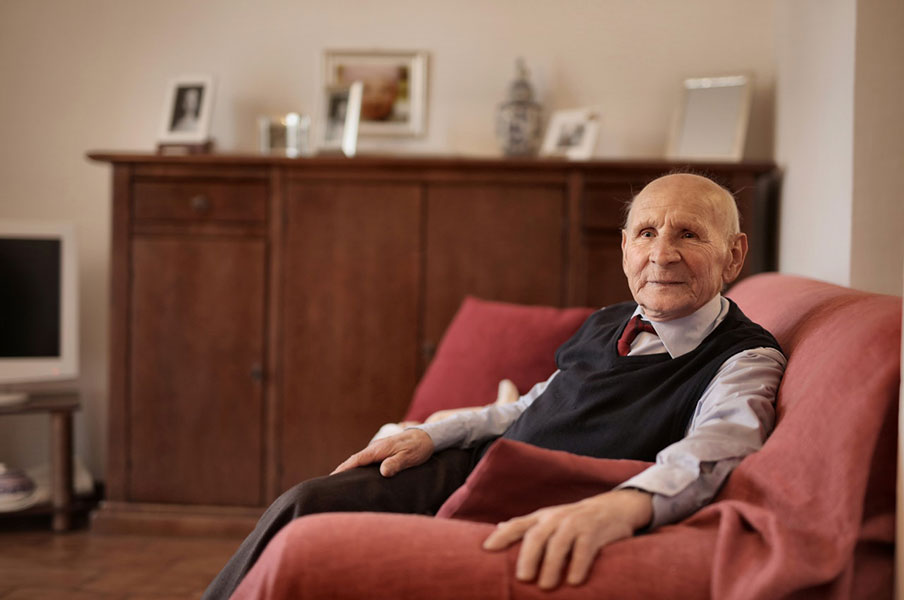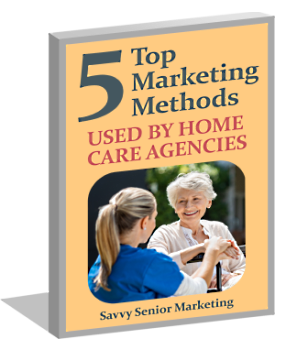When a family member is dying, adult children are often confused, or don’t know the options available to them to make end-of-life decisions easier.
“Families often don’t know how to let go,” said Eric Parker, a lawyer and volunteer who spoke for the advocacy group Compassion and Choices recently. The organization states on its website that it is a nonprofit organization that “embraces expanded options for compassionate dying.”
Parker spoke along with Amy Sherman, Midwest Advocacy Director for the organization, at the Apr. 12 meeting of the Case Management Society of America held at the Summit of Uptown in Park Ridge, IL.
There are various kinds of difficulties within families over the last days of a loved one. For example, a family member who may have been appointed with the power of attorney is surprised that they were given this role when their parent faces their final days.
The two speakers addressed various issues, such as the benefits of an advance directive, rights of the patient, informed consent, refusal of treatment, and documenting one’s final wishes.
One advantage of an advance directive is that medical personnel such as EMTs are informed whether to carry out extreme and painful life-saving measures on fragile elderly patients whose death is made even more agonizing.
“Not like Terri Schiavo”
Parker said the issue is “not like Terri Schiavo,” referring to the woman who died in 2005, 13 days after her husband won a much-publicized legal battle to remove her feeding tube and water.
The advocacy group calls the issue “medical aid in dying,” but it is also referred to in public debates as physician-assisted suicide, or euthanasia. Physician-assisted suicide is not legal in Illinois, but there is a bill advocating this in the legislature, Sherman said.
Topics covered by the presentation were:
- How to support clients/patients as they identify and document their end-of-life care wishes, including hospice care and medical aid-in-dying.
- Identify online resources related to end-of-life planning, including in the event of a dementia or a COVID-19 diagnosis.
- Identify how to help people navigate difficult conversations around end-of-life planning and decisions with healthcare providers and loved ones.
- Conflicts of interest with healthcare institutions.
An alternative to this approach that allows for natural death is that of the Life Legal Defense Foundation.
(Photo by Andrea Piacquadio, Pexels)


